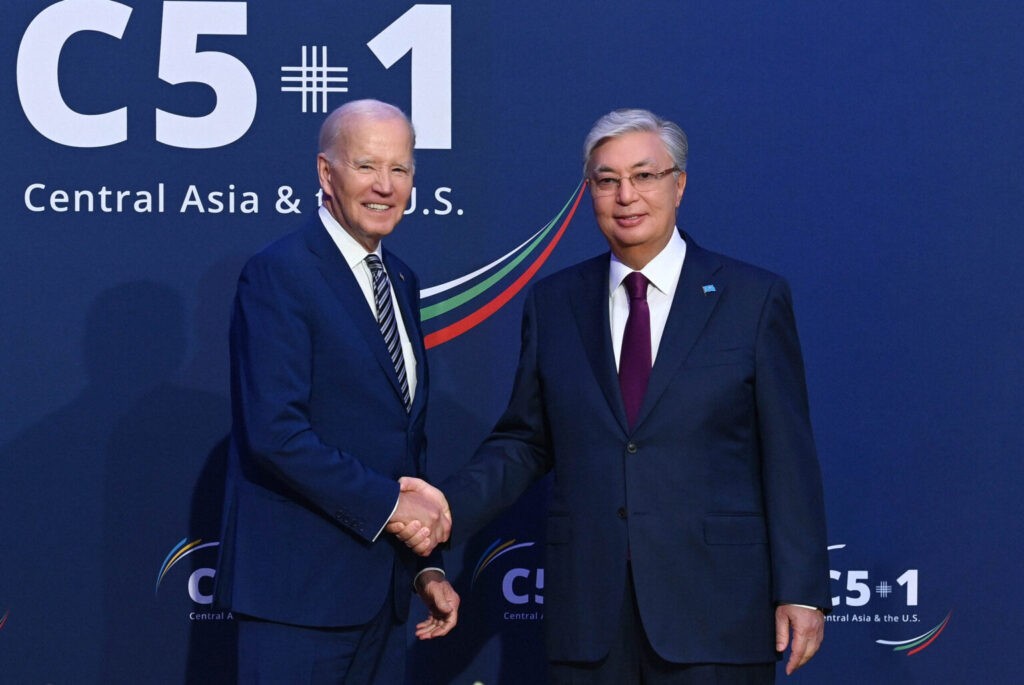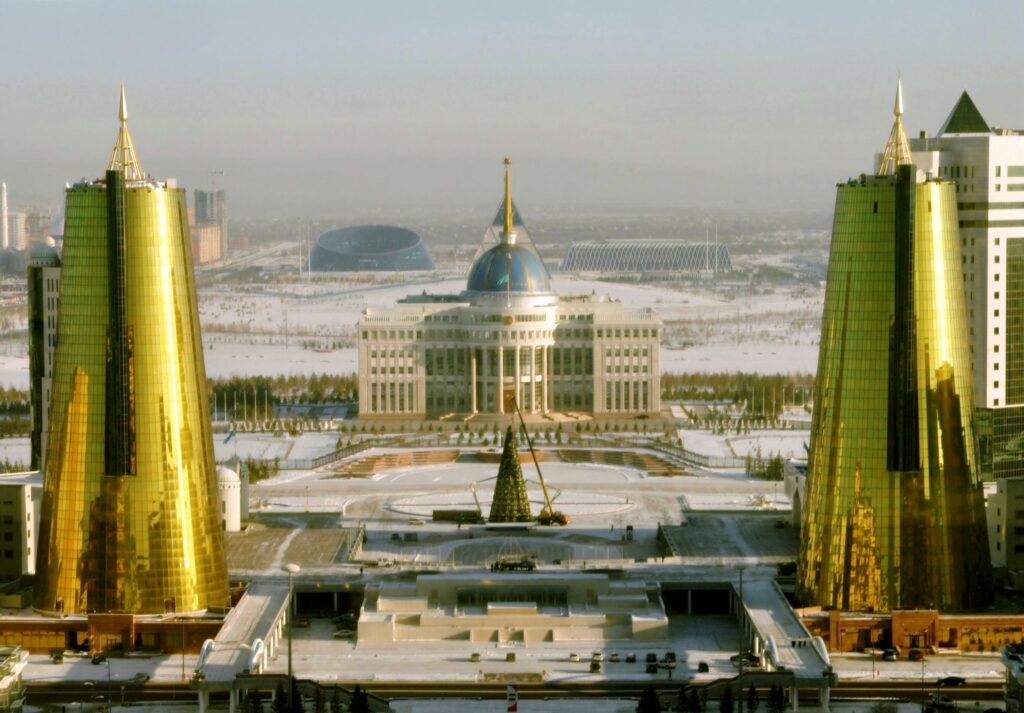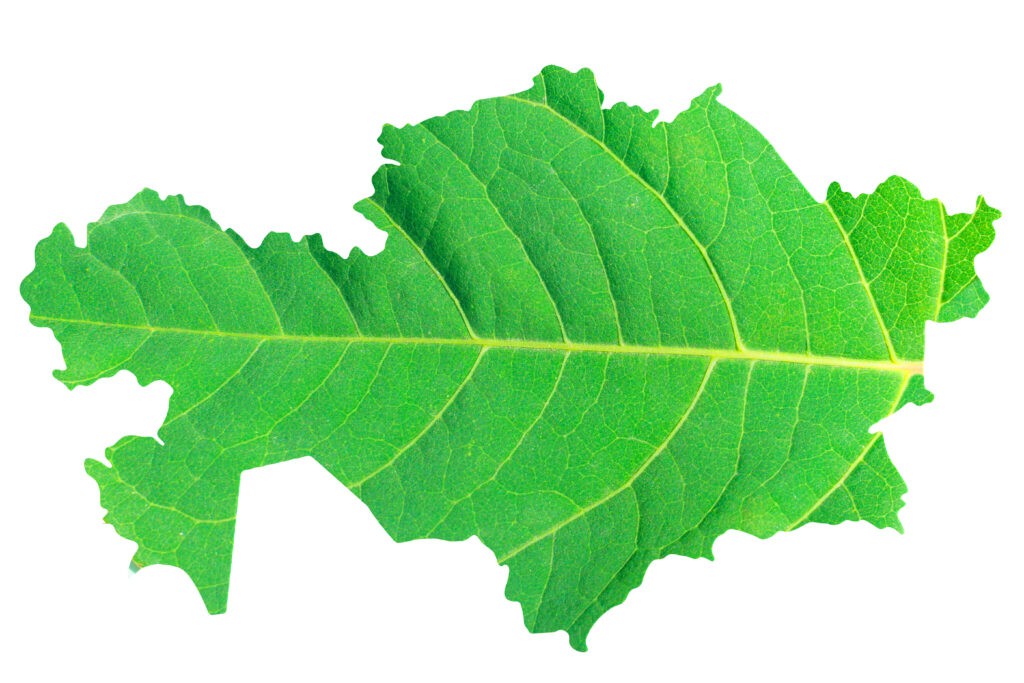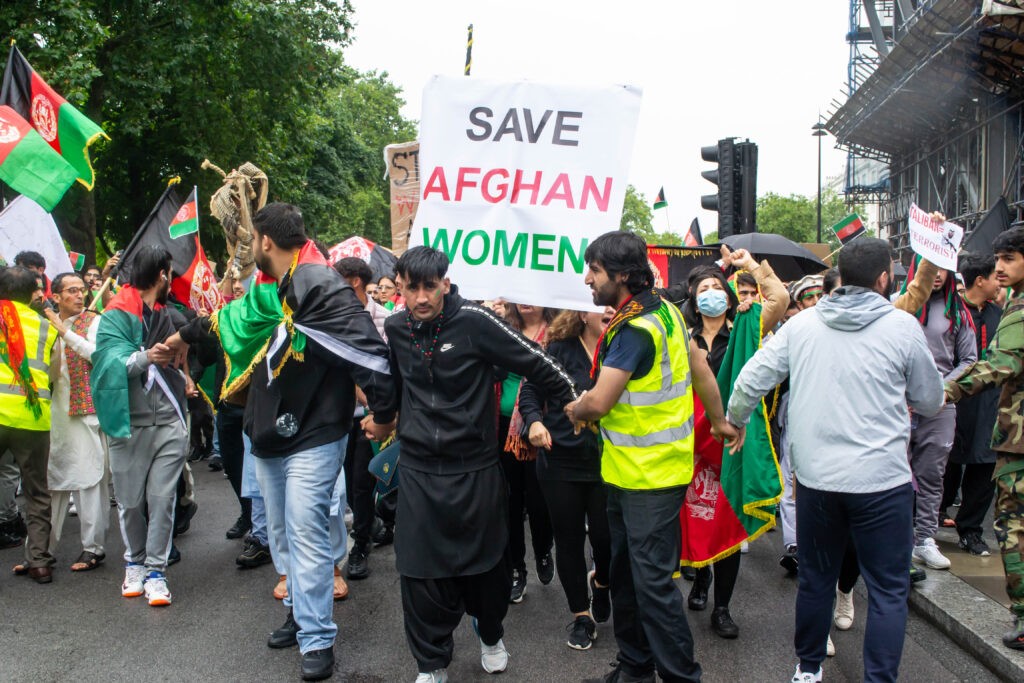Kazakhstan’s Foreign Policy: A New Year’s Outlook Under President Tokayev
When Kassym-Jomart Tokayev became the President of Kazakhstan in 2019, he brought to the role a wealth of experience from his long diplomatic career. Amongst many responsibilities, this experience included high-level government positions such as the post of deputy foreign minister and prime minister. Navigating geopolitical challenges since 2019 Tokayev has had a high global profile, including serving as director-general of the United Nations Office in Geneva. It was therefore expected that his internationally recognised acumen would play a foundational role in defining Kazakhstan's path through the complex, and sometimes chaotically evolving, geopolitics in Central Asia and beyond. Tokayev became president at a time when Kazakhstan faced both internal and external challenges. Domestic political and administrative reforms could not wait. The country’s strategically important natural resources, such as uranium and oil, as well as its keystone geographic position at the heart of Central Asia with a long border on the Caspian Sea attracted the attention of the international community. Situated between Russia and China, Kazakhstan required a balanced and nuanced foreign policy to respond to growing interest from the European Union (EU) and the United States. Since assuming the presidency in 2019, Tokayev has enhanced the country's geo-economic context as a shaper of transit corridors. Most notable of these is the Trans-Caspian International Trade Route (TITR), which puts Kazakhstan at the centre of pivotal geopolitical dynamics as a bridge between Europe and Asia. Strengthening bilateral and multilateral partnerships The EU, recognising Kazakhstan’s importance, has deepened its engagement with the country through an Enhanced Partnership and Cooperation Agreement that entered into force in 2020. Deeper ties between Astana and Brussels, and the EU's interest in Kazakhstan, go far beyond hydrocarbon energy resources to embrace cooperation in green technologies, digital transformation and sustainable development. At the same time, Tokayev's tenure has seen Kazakhstan navigate its relationships with international superpowers amidst significant "black-swan" events like the COVID-19 pandemic and the worsening of Russia's conflict with Ukraine. His administration has skilfully maintained good ties with Russia while also adhering to international sanctions. Such an approach showcases Kazakhstan's commitment to global norms, multilateralism and international cooperation, combined with its commitment to an independent foreign policy based on national interests. Under President Tokayev's leadership, Kazakhstan has enhanced its diplomatic engagement by emphasising its strategic role in both regional and global geopolitics. His tenure has been marked by a continuing series of high-profile meetings and participation in key summits. Kazakhstan has also made crucial contributions to regional organisations, such as the Organisation of Turkic States (OTS) and the Commonwealth of Independent States (CIS). The country's involvement in these organisations underlines its commitment to regional cooperation and integration. Particularly in the OTS, Kazakhstan has emerged as a leader, facilitating discussions and promoting initiatives that align with its broader foreign policy goals. Top-level international meetings (with figures such as U.S. President Joe Biden, Russian President Vladimir Putin, Chinese Communist Party Chief Xi Jinping, UN Secretary-General Antonio Guterres and French President Emmanuel Macron) underscore Kazakhstan's central strategic importance in global...





